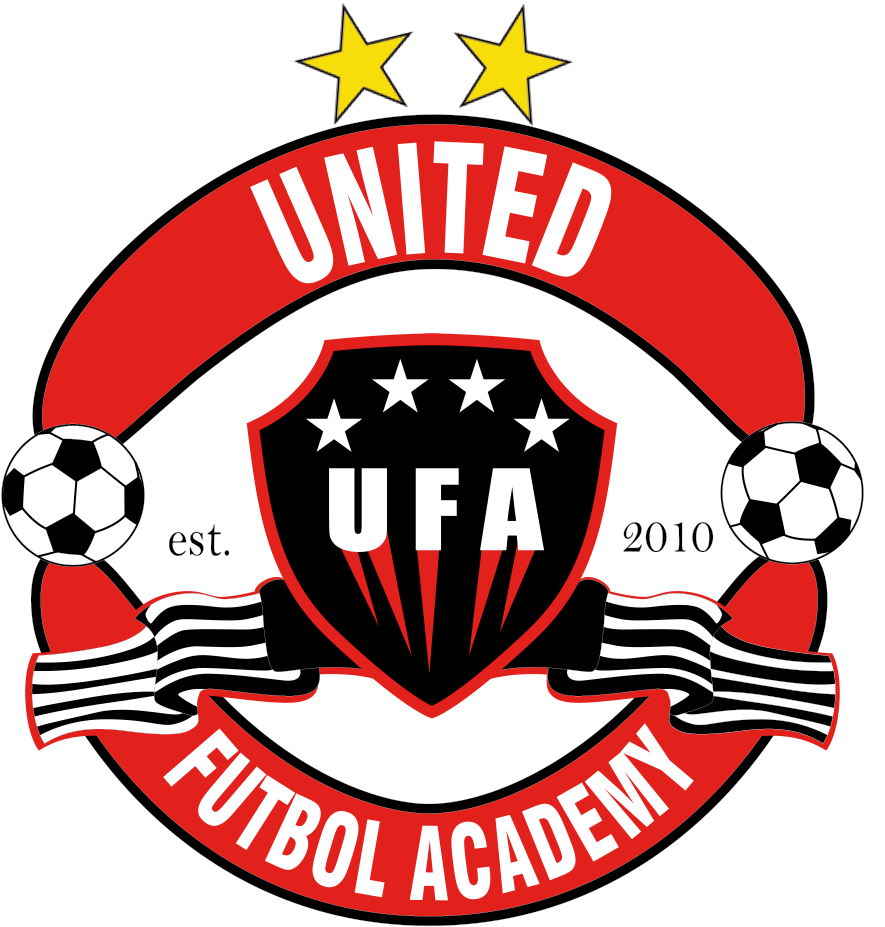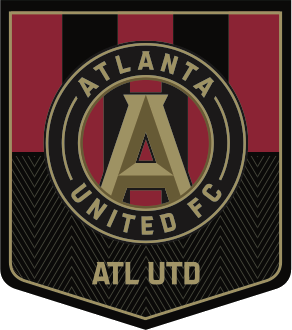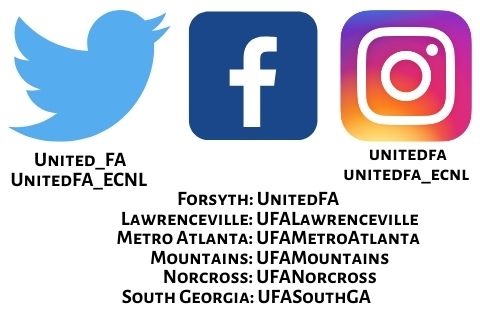Referee Program Initiative
In our original Referee Program Initiative communication, we shared how a frighteningly large percentage of referees, particularly the younger ones, quit after a couple of seasons because of the verbal abuse they suffer during the games. As a follow up to that message, we have established parent and coach guidelines that will help improve the game day experience for our younger referees.
In our original Referee Program Initiative communication, we shared how a frighteningly large percentage of referees, particularly the younger ones, quit after a couple of seasons because of the verbal abuse they suffer during the games. As a follow up to that message, we have established parent and coach guidelines that will help improve the game day experience for our younger referees.
The consequences of spectators and coaches poor behavior can also have consequences on players, who can lose focus on their game as they start following sideline questioning of the referee’s calls. Later on, as young adults, these same players may follow the examples they observed and start to verbally question official’s calls. In turn, this will lead to cautions for dissent and then send-offs for foul and abusive language and a cycle has begun.
Such behavior completely undermines our efforts to grow a body of experienced and knowledgeable officials as well as players. The Code of Conduct noted below provides expectations and rules utilized by clubs across the nation during soccer play.
GAME DAY CODE OF CONDUCT
Instructions for parents in interacting with game officials:
- Referees are “Officials” of the game. Respect their decisions.
- Encourage your child to respect the referee through word and conduct.
- Remain outside the field of play and within the Designated Spectators’ Area.
- Never engage in, or tolerate, offensive, insulting, or abusive language or behavior.
- Show respect to others involved in the game, including opposition players, coaches, managers, and spectators.
- Remember that referees make mistakes. No referee can be correct all the time.
- Appreciate that match officials primary aim is to maximize everyone’s enjoyment by ensuring that the game is played in a safe and fair manner.
- Never enter the field of play without the referee’s permission.
- Know the Laws of the Game.
- Understand the referee may change their mind on a decision as long as a restart has not occurred
- At the end of the game, regardless of the outcome, regardless of how you feel the officiating met your expectations and regardless of your opponent’s behavior, do not approach a referee or follow him/her to the parking lot in threatening manner.
I understand that if I do not follow the Code, any or all of the following actions may be taken by the club. I may be:
- Issued a verbal warning.
- Required to meet with a club official or D&P committee.
- Required to leave the match venue by the club.
- Required by the club not to attend future games
- Required to apologize to the team, the other team, referee, and the club.
- Required to leave the club along with any dependents.
Instructions for coaches in interacting with game officials:
- Appreciate that match officials primary aim is to maximize everyone’s enjoyment by ensuring that the game is played in a safe and fair manner.
- Their proximity to play and the positioning they take allows them to see many things a spectator cannot see and thus at times although it may appear from the touchline that a decision was wrong you would actually have taken the same decision were you in the referee’s place.
- Do the simple things you can to help them in the pre-game formalities – be polite, have your roster prepared, make sure players are wearing absolutely NO jewelry.
- If you use player cards, order them to match the sequence on the roster.
- Have your game balls ready – many older teams like to place a ball behind each goal to avoid delays.
- Never enter the field of play without the referee’s permission.
- Make your substitutions in an orderly manner. If you have Assistant Referees, let them know you would like to sub and they can signal the Center using a standard mechanic.
- Know the Laws of the Game.
- Remember that referees make mistakes. No referee can be correct the time.
- At the end of the game, regardless of the outcome, regardless of how you feel the officiating met your expectations and regardless of your opponent’s behavior, please thank the match officials graciously.
- Have your players do the same.
I understand that if I do not follow the Code, any/all of the following actions may be taken by my club, I may be:
- Issued with a verbal warning.
- Suspended by the club from attending a number of games.
- Required to meet with the coaching committee.
- Required to meet with the Director of Coaching.
- Be required to apologize to the team, the other team, referee or team manager
- Monitored by the Age Group Coordinator.
- Inflicted a fine.
- Fired by the club, if you are a professional coach.
- Forbidden from coaching, if you are a volunteer coach.
To reach the top level of officiating is very hard to do and requires that we start educating, mentoring, and respecting referees from an early age, so we can lower their departure rate.
The effort must enlist both coaches and parent spectators to model good sideline behavior, in order to improve the game day experience for our game officials, the players and families.
Executive Board of Directors
THE REFEREE PROGRAM INITIATIVE
If you attended younger rec games recently, chances are you noticed missing referees on our 3-person game official crews. The reason is simple: the player population has been exploding, while the referee pool has remained level. This is not just a United Futbol Academy problem, but also a global issue that must require local clubs like ours to come up with solutions to reverse the trend in order to retain our game officials.
A frighteningly large percentage of referees, particularly the younger ones, quit after a couple of seasons because of the verbal abuse they suffer during the games. Participants in youth soccer rarely appreciate this damage until they show up for a really important game and there is no one present to officiate.
United Futbol Academy is launching an initiative, starting Spring 2013, to keep more referees, especially newer and younger refs, from quitting. The effort will enlist both coaches and parent spectators to model good sideline behavior, in order to improve the game day experience for our game officials.
WHAT ARE THE GOALS OF THIS PROGRAM?
To improve the game day experience for our younger referees and lower their departure rate, we are implementing the following changes:
- Secure a single, center referee for 6v6 games - Tournaments in most places (including ours) have already made this adjustment. More and more clubs in recent years have adopted this solution for their league games. It has increasingly become harder to book a full crew for 6v6 games. We want to focus on the best and dedicated referees and make them even better.
- Create preseason-training clinics – These will provide practical instruction in a scrimmage-like atmosphere.
- Implement weekly training sessions – Since the idea is to give referees as much training opportunities than players are receiving, these session will allow them sharpen their skills weekly.
- Design a summer Referee Training Camp – A first of its kind, this event will provide in- depth education through lectures and field sessions.
- Spell out clear parent/spectator guidelines - Parents need to recognize that they are teaching their child about every aspect of the game. To be effective in this role, they should model their behavior toward game officials as one of sincere respect for this great sport.
- Address coach expectations - There has yet to be a game of soccer in which a match official does not make a mistake. In fact, much of the learning experience is based upon looking back at decisions and evaluating how things might have been done differently.
- Provide referee trainers on game day – These experienced mentors will provide on- the-job training, live feedback, and direct instructions.
- Design an online survey – This review will allow coaches and spectators to provide feedback on our game officials.
- Increase “State Assessor For a Day” Assessments - A team of State assessors (up to four) can be assigned to our league or referees’ association for one day or one weekend. The team covers as many games as possible with developmental assessments, giving referees feedback and guidance and giving our league specific information about overall strengths and weaknesses.
Player development has tremendously increased over the last decade, while referee training has not increased at the same rate, widening the gap between the two programs. Something needs to be done. We hope these important steps will not only provide a better experience for the referees, but also increase the number of referees effectively officiating games at United Futbol Academy, thus reversing the trend of referees quitting the game of soccer altogether.
Sincerely,
Deo Moleka
Executive Director
United Futbol Academy





















